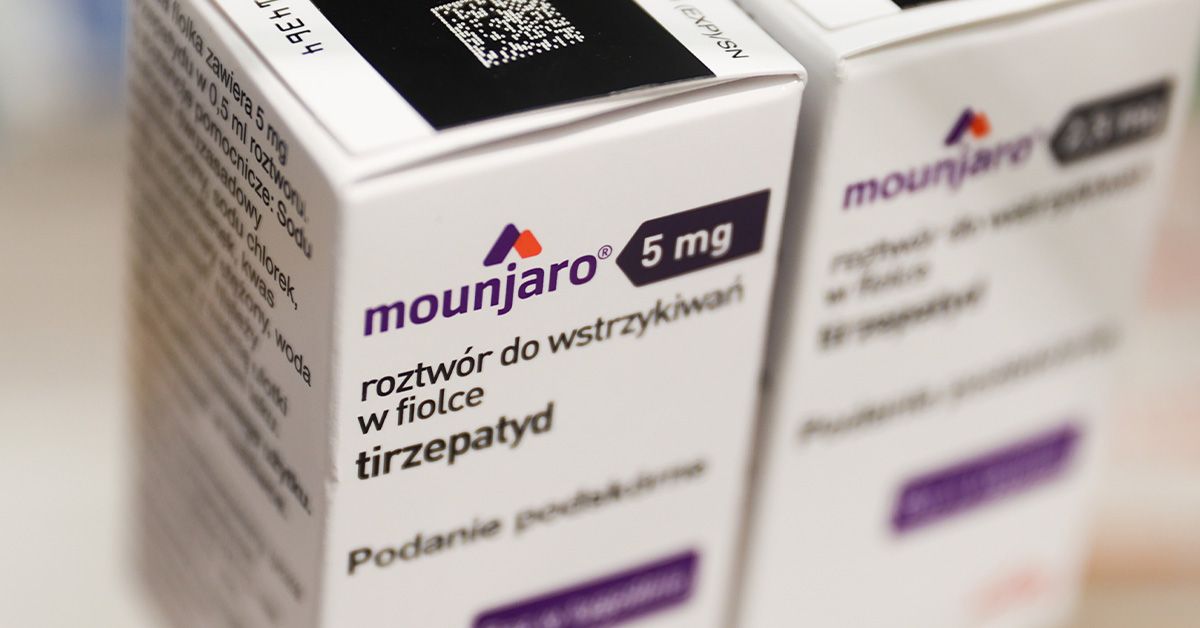- Nonalcoholic fatty liver disease cases are growing, and the disease is associated with an increased risk of death from cardiovascular disease.
- Up to 90% of people with obesity have nonalcoholic fatty liver disease. Obesity can also affect how vitamins are processed in the body.
- Recent research has shown that increased levels of niacin, or vitamin B3, could reduce overall death rates and death from cardiovascular disease in a cohort of people with non-alcoholic fatty liver disease.
The number of people with non-alcoholic fatty liver disease has been increasing in recent years and has an estimated prevalence of 32.4% worldwide and 47.8% in the United States.
Nonalcoholic fatty liver disease (NAFLD) is a condition that starts out with an initially harmless buildup of fat in the liver. As the condition progresses, however, this buildup of fat can cause harm to the liver, which is responsible for filtering blood and carrying out a number of crucial metabolic processes.
It can cause fibrosis, which is the formation of scar tissue, itself a form of damage. There is also a risk of nonalcoholic steatohepatitis (NASH), which occurs when the liver becomes inflamed.
A group of researchers from Sun Yat-sen University, Guangzhou, China recently published a large cohort-based study looking at the impact of niacin intake on cause of death in people with non-alcoholic fatty liver disease. The study’s results appear in the journal
Data on 4,315 adults aged 20 years or older with NAFLD were extracted from the
Information on the diet of these individuals was deduced from data collected during the survey using a dietary interview, called “What We Eat in America.“
Researchers asked the participants to recall the types and quantities of foods they consumed in the 24 hours prior to the interview, from midnight to midnight. Almost all the participants provided two interviews. The first dietary interview was carried out in person, while the second interview was conducted by telephone 3 to 10 days after the first interview.
A total of 566 deaths were recorded during an average of an 8.8 year follow-up, of which 197 were attributed to cardiovascular disease.
Participants with the highest daily consumption of niacin — of over 26.7 milligrams (mg) — appeared to have a 30% lower risk of death from cardiovascular disease, and 35% lower risk of all-cause mortality than participants who had a daily niacin intake of 18.4 mg or lower, in their diet.
The study authors suggested their results support the notion that 20 mg a day of niacin would be helpful for people with NAFLD.
The current study did not look at whether niacin supplementation would have similar effects, as only the total amountof niacin in the diet was estimated.
The study is also limited by the fact that the calculation of niacin consumption was estimated based on dietary recall from participants, and could be inaccurate.
Niacin, also known as vitamin B3, has many functions, including converting nutrients into energy, creating cholesterol and fats, DNA replication and repair pathways, and it has antioxidant effects.
It is rare for people to have a deficiency in this vitamin as it is found in many foods, including meat, fish, brown rice, bananas and fortified foods.
Research has shown that niacin can improve muscle performance in humans. Animal studies have suggested that this could be due to the fact niacin is a precursor to nicotinamide adenine dinucleotide (NAD), and nicotinamide adenine dinucleotide phosphate (NADP). These two coenzymes are essential for a number of metabolic pathways including energy metabolism and oxidation.
In terms of this vitamin’s effect in NAFLD, Nichola Ludlam-Raine, registered dietitian, not involved in the current study, told Medical News Today that:
“The recent findings highlighting the potential benefits of vitamin B3 (niacin) for individuals with non-alcoholic fatty liver disease (NAFLD) underscore the critical role nutrition plays in managing obesity and obesity-related conditions. Vitamins and nutrients are key in metabolic processes, and their adequacy or deficiency can significantly impact the progression or mitigation of diseases associated with obesity, including NAFLD.“
“Vitamin B3 is known for its role in converting food into energy, repairing DNA, and reducing cholesterol levels, which could explain its beneficial effects on NAFLD. However, it’s essential to approach supplementation with caution, as excessive intake can lead to adverse effects,” she cautioned.
The top risk factors for NAFLD include overweight or obesity, having an underactive thyroid, high blood pressure, high cholesterol and smoking.
Dr. Shafaq Tarar, internist and primary care physician with Medical Offices of Manhattan, not involved in the current research, told MNT that the link between obesity and NAFLD was likely due to metabolic changes.
She explained that:
“Obesity is linked to an increased likelihood of nonalcoholic fatty liver disease. The hallmark characteristic of non-alcoholic fatty liver disease, known as steatosis, occurs when the uptake of fatty acids by the liver from the bloodstream and the synthesis of new fatty acids exceeds the liver’s ability to oxidize and export them as triglyceride within very low density lipoprotein.“
“Consequently,“ she added, “an excessive amount of intrahepatic triglyceride indicates an imbalance in the complex interactions of metabolic processes.“
“The presence of steatosis is connected with a range of unfavorable changes in glucose, fatty acid, and lipoprotein metabolism. Abnormalities in fatty acid metabolism, along with inflammation in adipose tissue, the liver, and throughout the body, are likely key factors in the development of insulin resistance, dyslipidemia, and other cardiometabolic risk factors associated with non-alcoholic fatty liver disease,” noted Dr. Tarar.
The link between obesity and NAFLD may also provide some answers as to why certain vitamins may be particularly beneficial for people with this disease.
Excess body weight and obesity have been associated with vitamin D deficiency, and the mechanisms underpinning this and the impact of this on overall health have been a topic of some investigation.
For example, the
This could explain why vitamin D supplementation has been observed to have lower efficacy in this group, the researchers conducting this trial have hypothesized.
Dr. Suzanne Manzi, an obesity specialist, who was not involved in that research, told MNT that other vitamins could play a role in the health of people with obesity: “People with obesity may require higher levels of certain vitamins due to several factors, including increased oxidative stress, inflammation, and potential nutrient deficiencies arising from diet quality.“
“Moreover,“ she said, “the bioavailability of some vitamins may be affected by obesity, necessitating increased intake to meet the body’s needs. For instance, the fat-soluble nature of vitamin D means that its storage and release can be altered in individuals with higher body fat percentages, potentially requiring higher intake levels to maintain optimal blood concentrations.”













